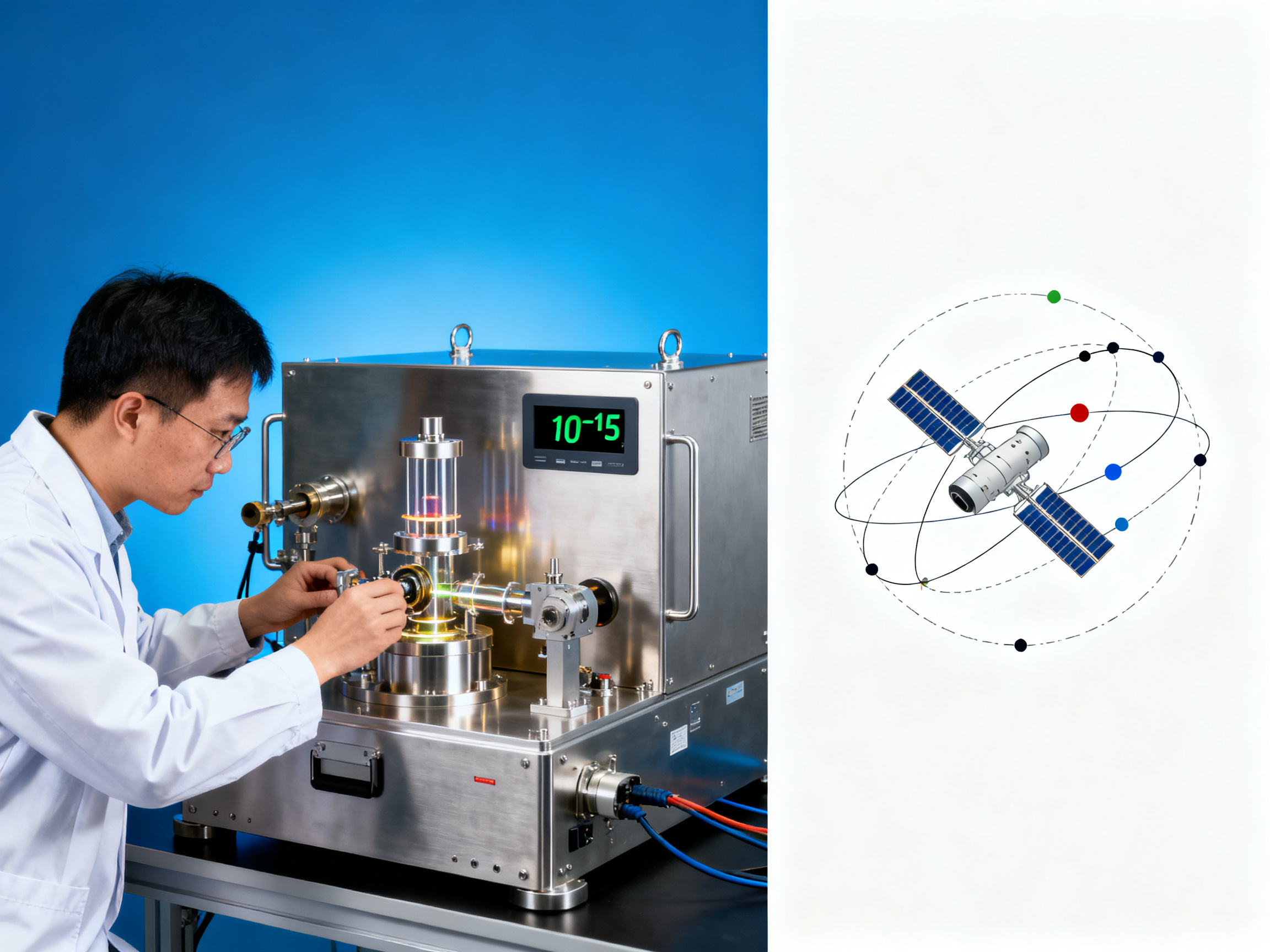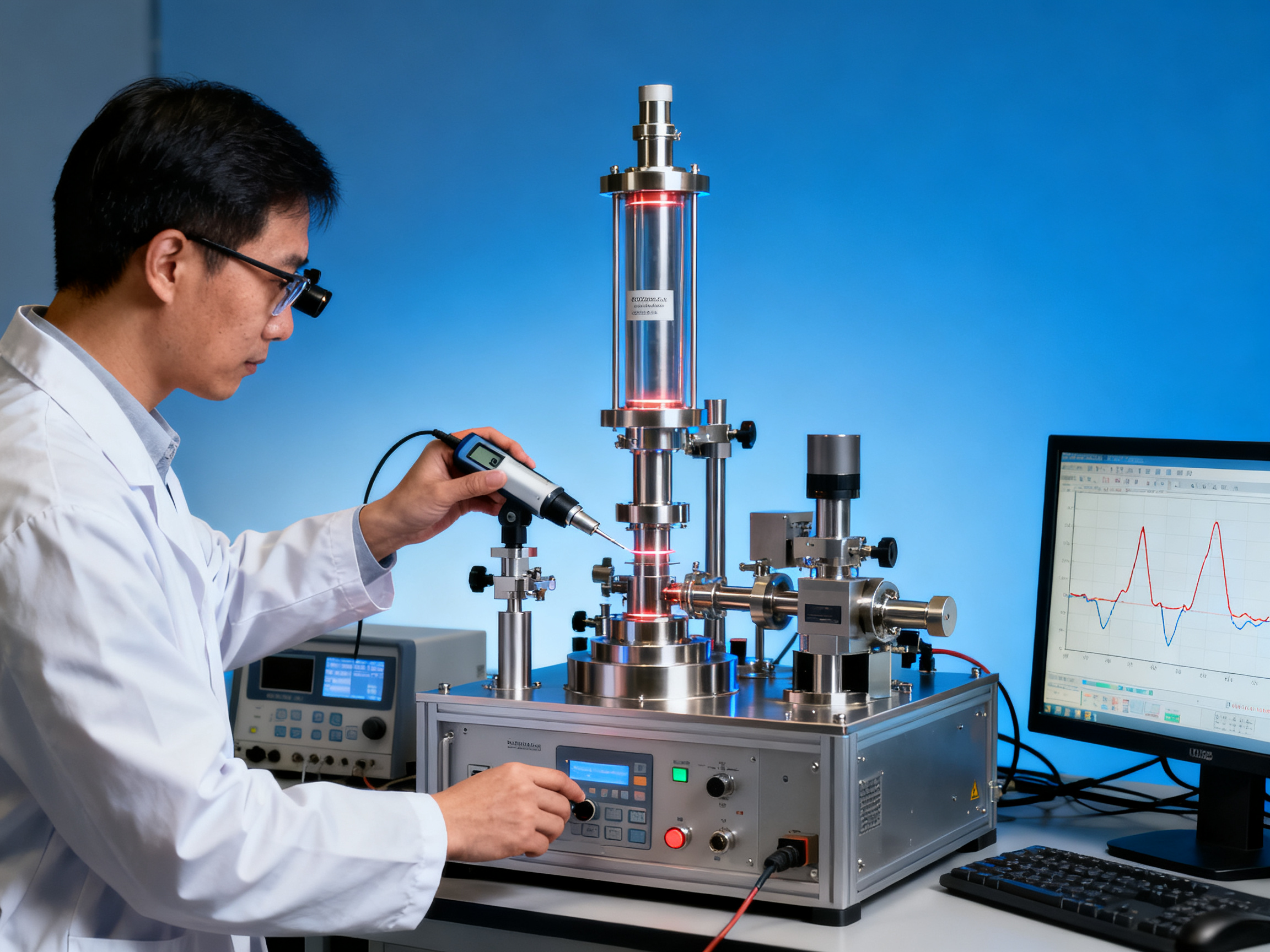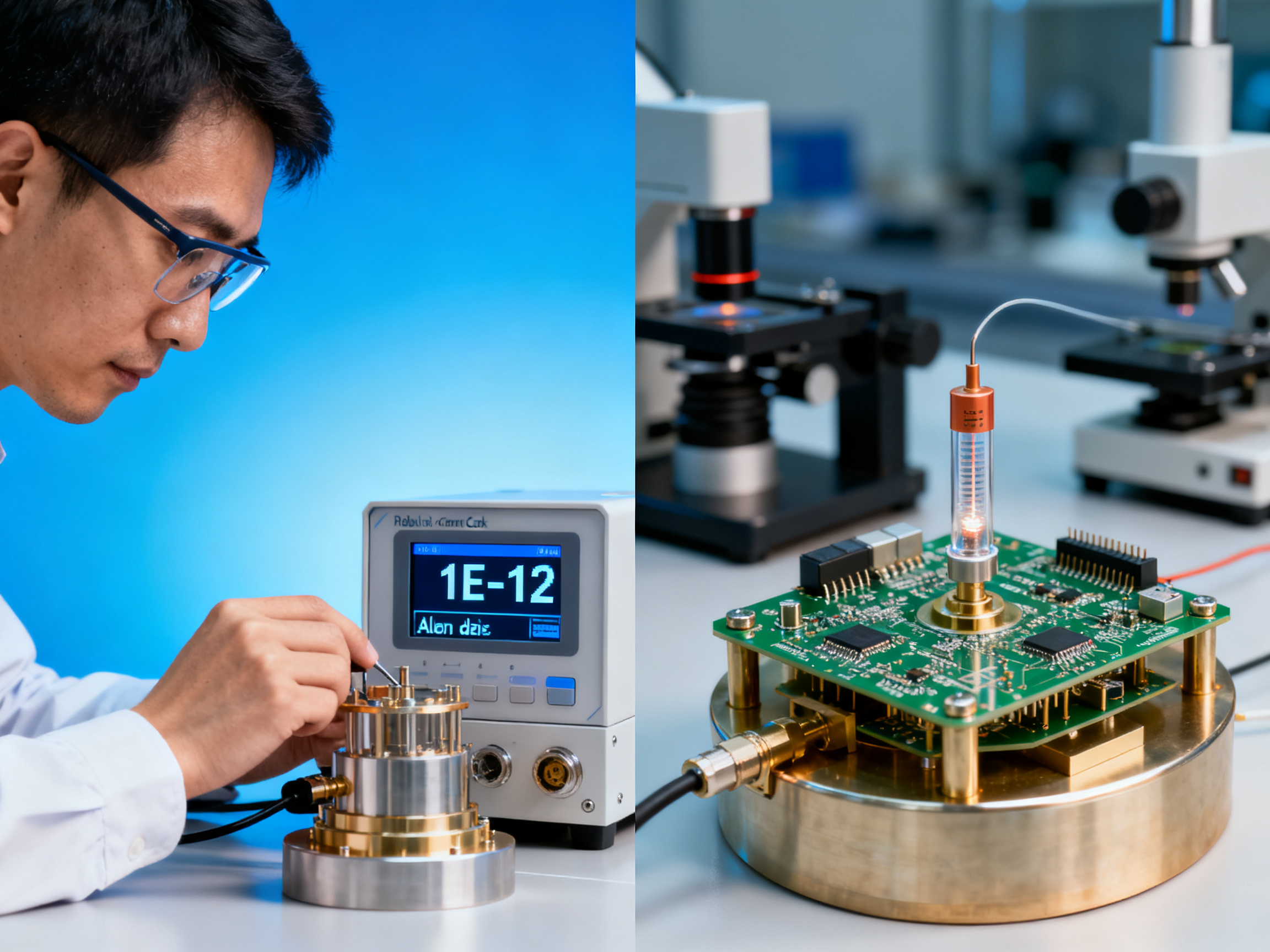RELATED
 Case Study: Implementing Optical Pump Cesium Frequency Standards in Aerospace Applications2026-02-02
Case Study: Implementing Optical Pump Cesium Frequency Standards in Aerospace Applications2026-02-02 Latest Innovations in Optical Pump Cesium Frequency Standards: 2023 Industry Updates2026-01-28
Latest Innovations in Optical Pump Cesium Frequency Standards: 2023 Industry Updates2026-01-28 Optical Pump Cesium Frequency Standard Maintenance: Best Practices for Long-Term Reliability2026-01-26
Optical Pump Cesium Frequency Standard Maintenance: Best Practices for Long-Term Reliability2026-01-26 Top 5 Factors to Consider When Purchasing Rubidium Atomic Clocks for Your Lab2026-01-22
Top 5 Factors to Consider When Purchasing Rubidium Atomic Clocks for Your Lab2026-01-22
MESSAGE
Time Synchronization Accuracy:
It is an important indicator to measure the board, which refers to the time deviation from the standard time source after the board achieves time synchronization. For example, the accuracy can reach nanoseconds, and the timing accuracy has different levels such as better than 20ns and 30ns.
Timekeeping Accuracy:
When the external time base is interrupted, the board relies on the internal clock source to maintain the time accuracy, which is usually expressed as the amount of time drift within a certain period of time, such as a few microseconds drift per day.
Supported Interface Types:
Including Ethernet port, serial port, 1PPS interface, SCSI interface, etc., used for connection with other devices and time signal transmission.
Operating Temperature Range:
Generally -20℃ to 70℃, special application scenarios have wider or narrower temperature range requirements.
Input Signal Type:
There are satellite signals, B code signals, PTP signals, etc. Different signals are used for different time synchronization methods and application requirements.
CONTACT US
Please use the form below to get in touch.
If you need a reply we will get in touch as soon as possible.





